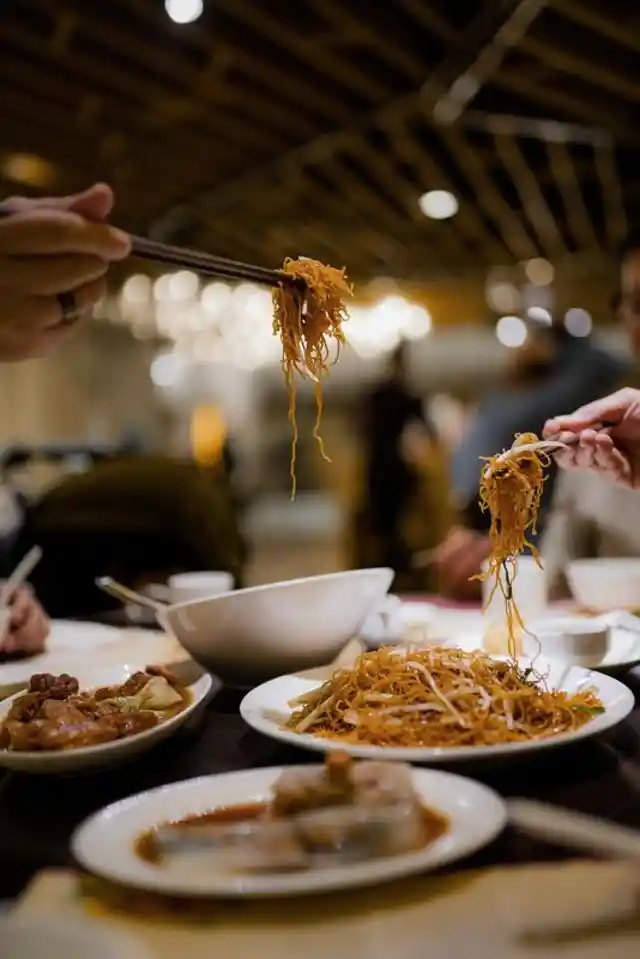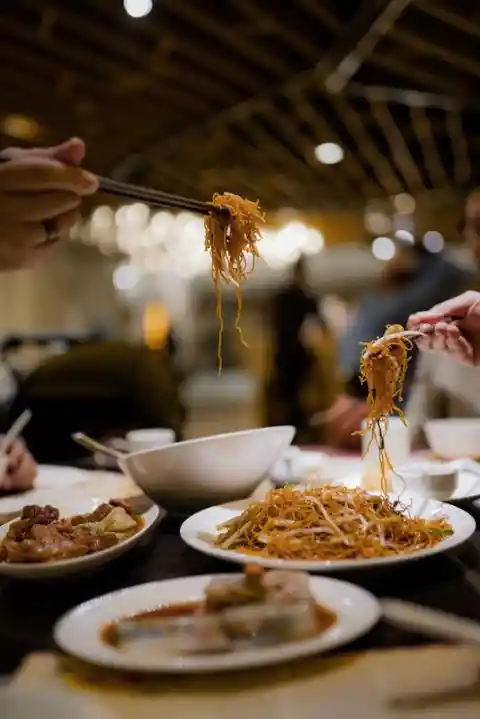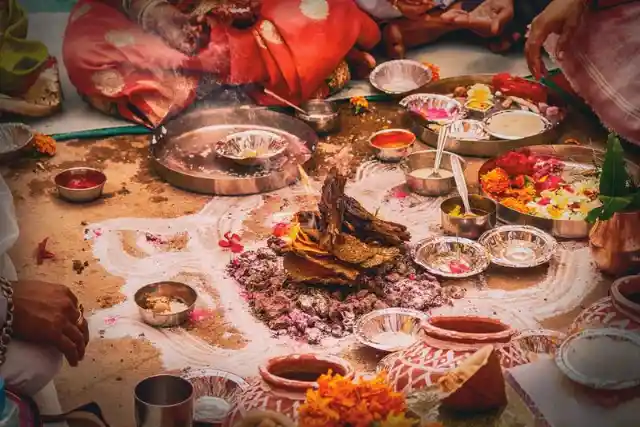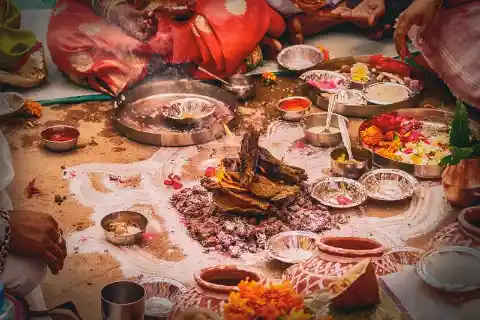Our etiquette rules are so ingrained in us that we might not think twice about it, but when you get to another country, you might find things are done a little differently. Here are some of the most remarkable food etiquettes from around the globe.


China: Don’t finish what you’re served
We’ve all been scolded by our parents for not eating everything on our plates. But this is actually a major faux pas in China. If you finish everything on your plate, it suggests you’re still hungry, which would imply that your host didn’t give you enough to eat. On the other hand, leaving even a little bit on your plate is just as bad if you’re in India or Japan. It’s interesting how differently an empty plate is interpreted in different countries!
India: Don’t say “thank you”
Generally, it is considered good manners to say “thank you”. But in India, it is a little different. In a formal setting, thanking your hosts is perfectly fine, but if it’s a casual occasion around a dinner table, saying “thank you” would imply they went out of their way for you. From a cultural point of view, doing things for their guests is just normal when you’re among friends and family. So saying thank you implies you view the relationship as more formal than friendly.


Hungary: Don’t clink your glasses
Chances are good, you’ll clink your glasses together before taking a drink. But in Hungary, according to Lost in Budapest, it’s not only rude, but it’ll likely get you yelled at, particularly by older patrons who see you do it. In Hungary, clinking your glasses is a politically-charged gesture. In 1848, the Austrian government suppressed a Hungarian uprising in 1848, Austrian leaders celebrated very publicly and toasted to Hungarian rebels’ execution. Of course, they clanged their glasses together, and that serves as a reminder of a particularly dark chapter in Hungarian history.